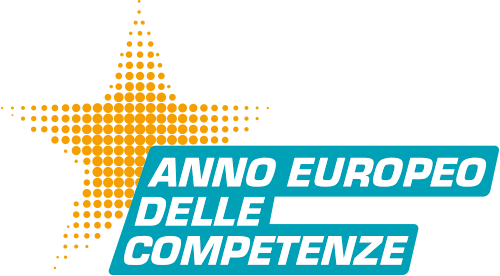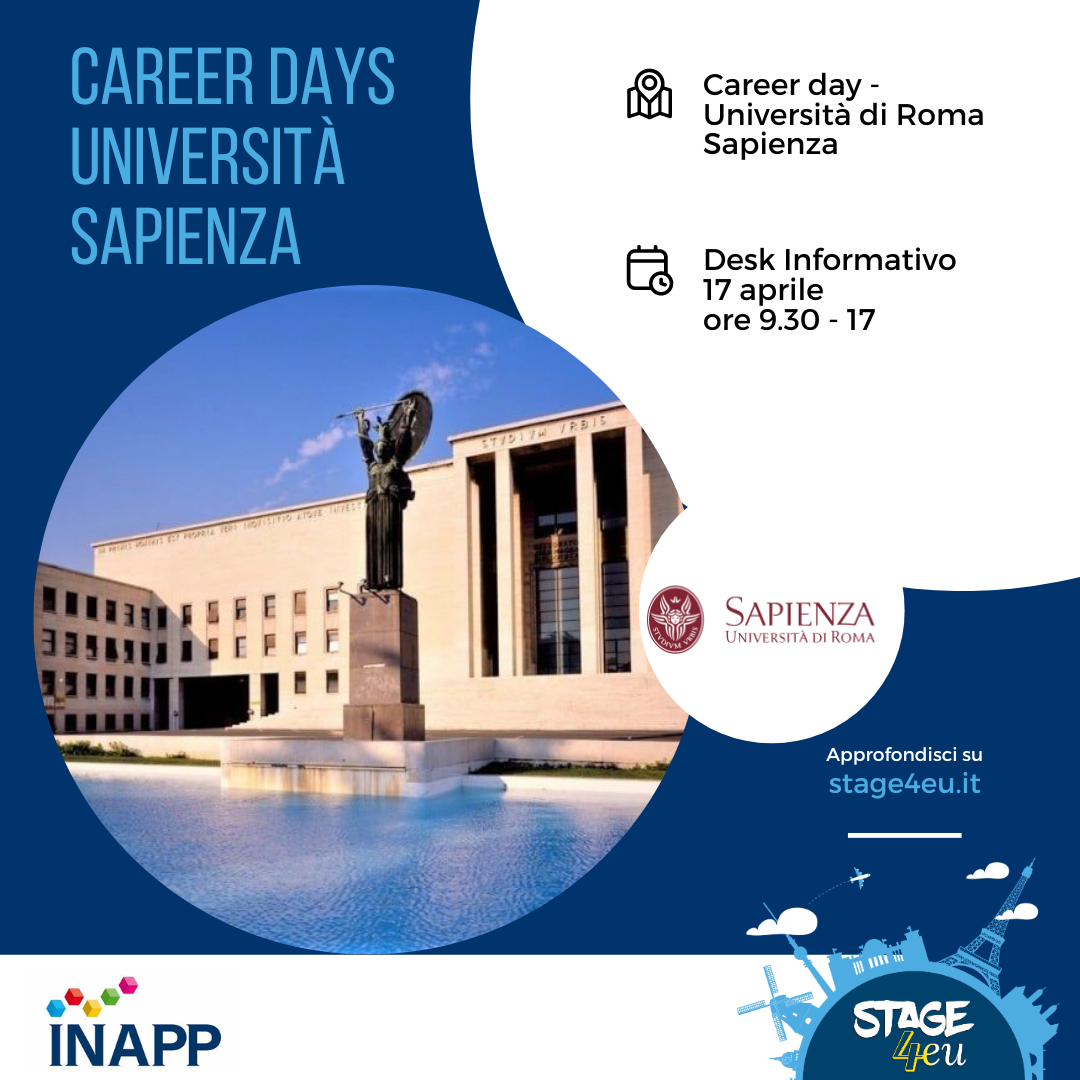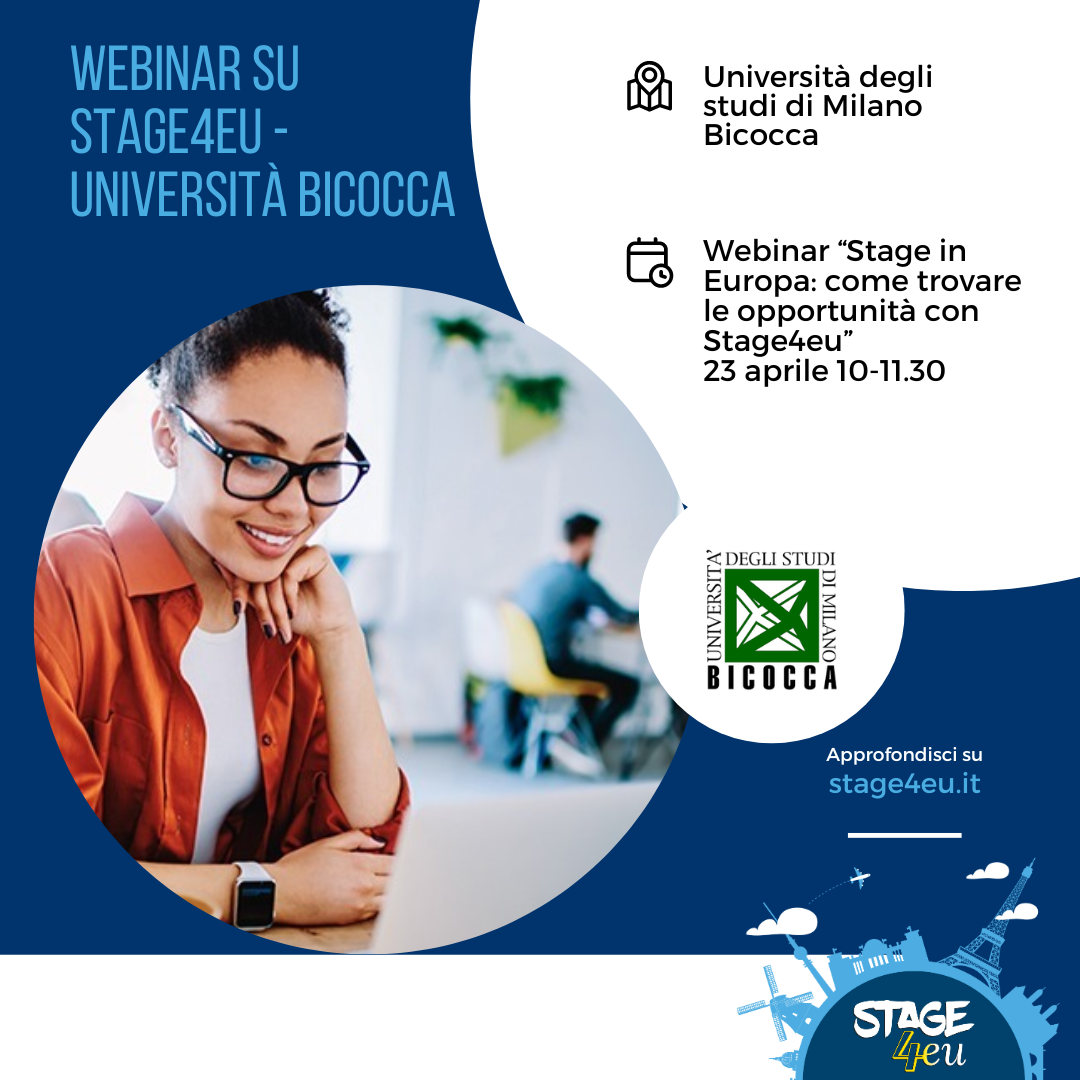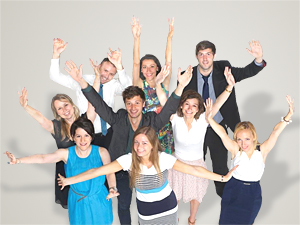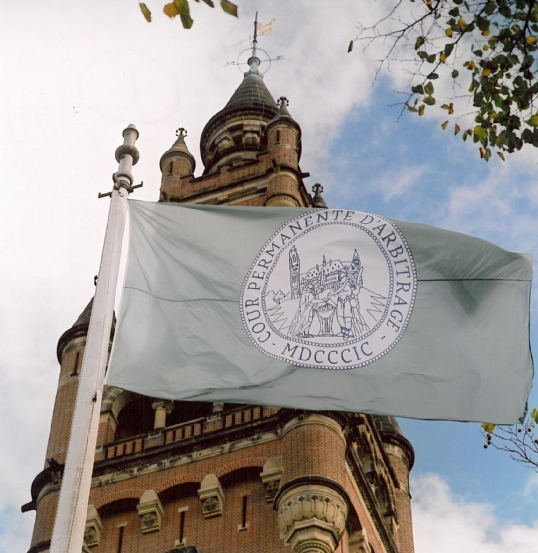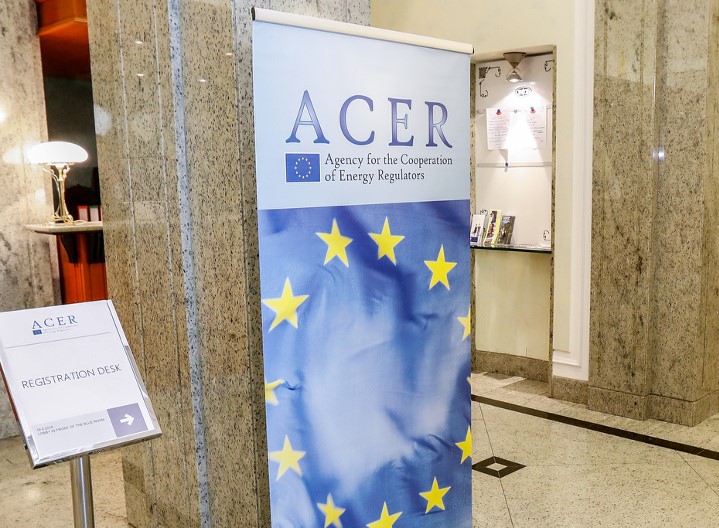ultime offerte
-
Médecins Sans Frontières, Legal Intern
Sede: Geneva, Svizzera -
VF Corporation, Creative Marketing - The North Face - Internship Program
Sede: Stabio, Svizzera -
European Investment Bank, EIB Trainee - Inspectorate General Directorate - Fraud Investigation Division - Investigations & Exclusion Unit
Sede: Luxembourg, Lussemburgo -
Toyota, Process & Data Innovation Internship
Sede: Brussel (Evere), Belgio -
Deloitte, Trainee for EU Financial Institution Consulting Practice
Sede: Luxembourg, Lussemburgo -
Philips, Test and Verification Intern
Sede: Eindhoven, Paesi Bassi -
Brown Brothers Harriman, Software Development Intern
Sede: Krakow, Polonia -
OMV, Internship in Technology Services Department
Sede: Vienna, Austria -
Roche, Internship for Engineering, Life & Pharmaceutical Sciences in Pharmaceutical Development & Supplies
Sede: Basel, Svizzera -
Shiseido, Internship Trade Marketing & PR/Influence
Sede: Paris, Francia


